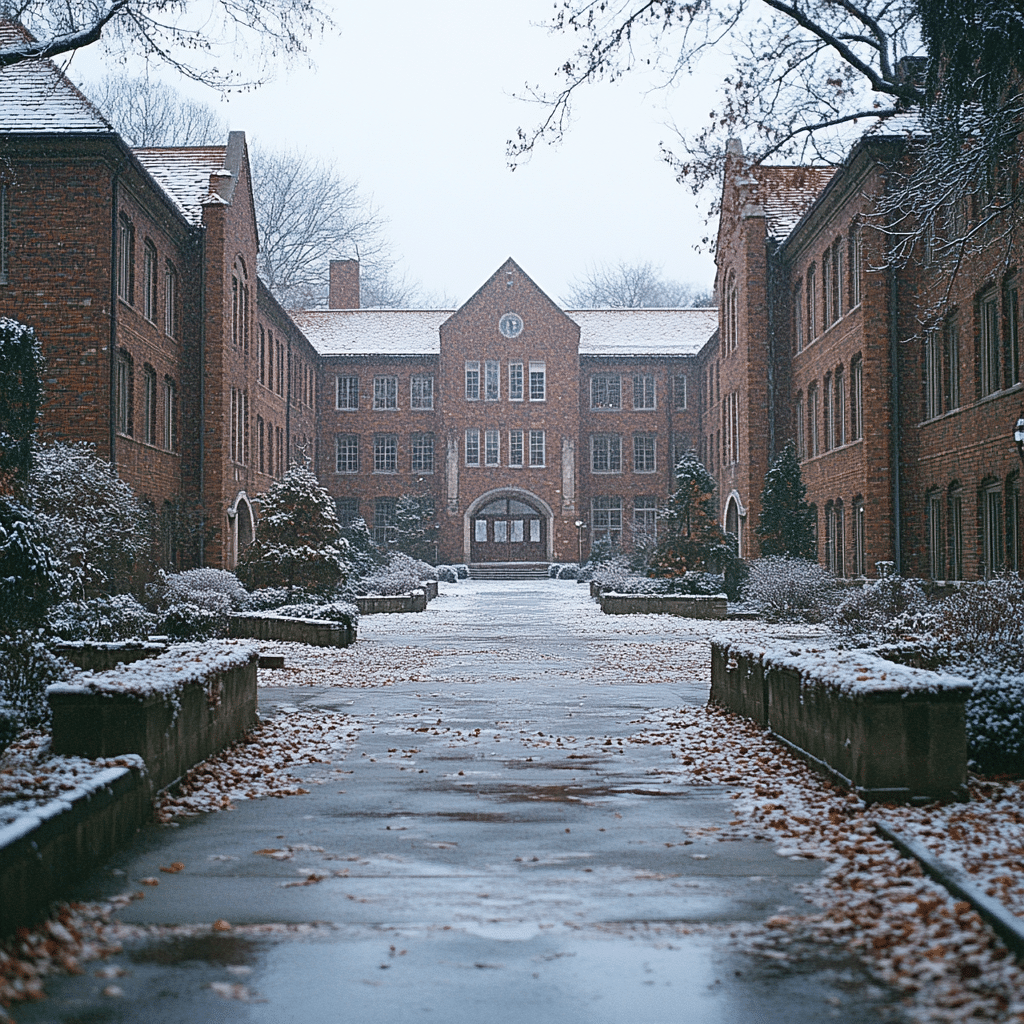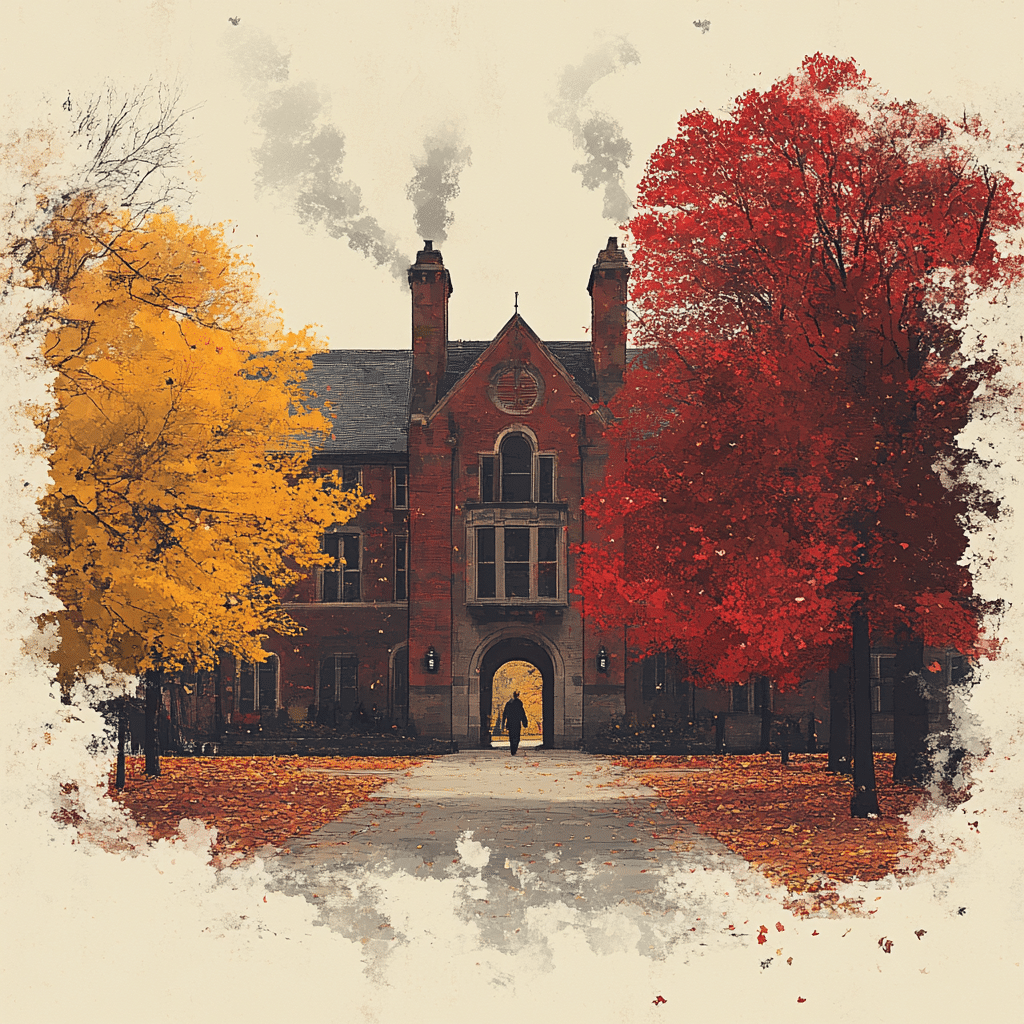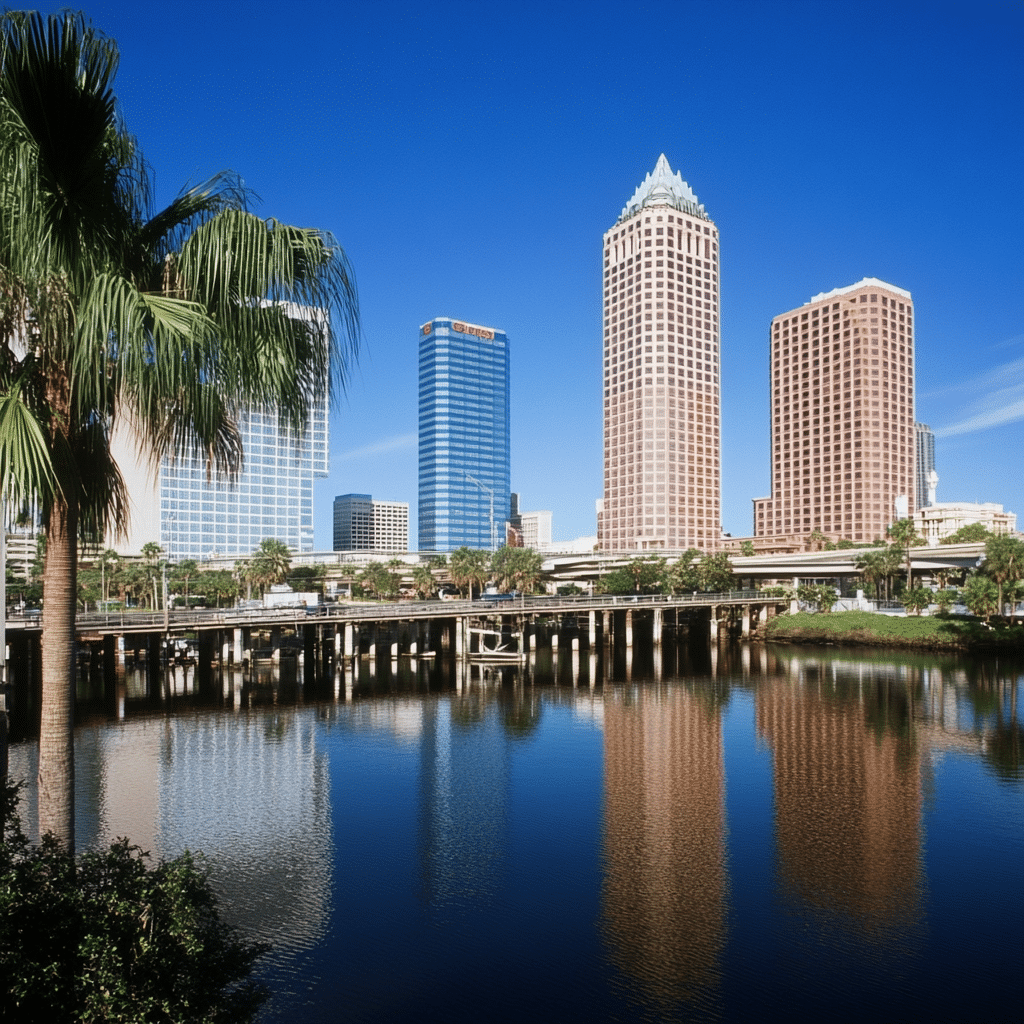So, you’re on the hunt for an institution that’ll help you get where you wanna go—great decision! The debate on “college vs university” often leaves many scratching their heads. Both options hold a powerful allure, but they shine in different areas. Let’s dive deep into what sets them apart in the world of education and how you can make the right choice.

Defining College vs University: Key Distinctions
To kick things off, let’s clear the air about what college and university really mean. In the U.S., “college” usually refers to smaller institutions mainly focused on undergraduate education, like Williams College in Massachusetts, which is known for its fantastic liberal arts programs. It’s all about that close-knit vibe—like gathering with friends over drinks after a long day of classes.
On the flip side, we’ve got universities like Harvard or Stanford, which boast expansive campuses and larger student bodies. They’re often humming with life, providing a diverse range of both undergraduate and graduate programs. So, if you’re leaning toward research or considering a PhD, a university might be your golden ticket.
Think of it like choosing between a cozy pub and a bustling nightclub. Both have their merits; it just depends on what kind of atmosphere you prefer.

Degree Offerings: College vs University
Now let’s talk about the degrees on the docket. Colleges typically offer a solid foundation—the bachelor’s degrees you’ll need to kickstart your career. For example, Skidmore College shines with its focus on the arts, giving students a chance to immerse themselves fully in unique disciplines.
But don’t forget universities, where the toybox is bigger. University of California, Berkeley offers over 350 degree programs, catering to a wide spectrum of interests. Their graduate programs can be unparalleled, enabling students to really hone in on niche fields like environmental science or international relations. If you’ve got aspirations beyond undergrad, universities often serve up ample opportunities for advancement.
When considering the “college vs university” decision, remember: specializations at colleges versus breadth of options at universities. Each has a unique flavor that might suit your goals differently.
Campus Life: A Comparison in College vs University Experiences
Campus vibes matter more than you think! It’s not just where you study; it’s where you live, meet new people, and make memories. Colleges—like Liberty University—often offer a tight-knit community feeling. Here, personal interactions with faculty flourish, and friendships can blossom quickly.
Contrast this with a large university like University of Michigan. With thousands of students roaming the grounds, it buzzes with activities, Greek life, and a plethora of clubs and organizations. Here, you might get lost in the crowd unless you’re proactive about making connections. The experience can resemble a premium buffet: tons of options, but you’ve gotta pick carefully what to dig into.
While smaller colleges give you that warm hug, universities deliver an exhilarating rush of options and excitement. Just know what kind of energy you’re after!
Class Sizes and Faculty Interaction: Exploring College vs University
Want that whit-glove experience with your professors? Your choice might hinge on class sizes. Colleges like Bennington College keep their classes small; I’m talking about 10-15 students. This allows for personalized instruction. You can actually become a familiar face, not just a number.
Now, look at bigger universities, like Ohio State University, where introductory classes can pack hundreds of students in a lecture hall. Students might feel like they’re lost in a sea of bodies. However, universities often employ graduate teaching assistants to lend a helping hand, making it a bit easier to get questions answered.
In the “college vs university” showdown, class size can make a world of difference when it comes to how well you connect with faculty. Choose what fits your learning style.
Research Opportunities: College vs University Landscape
If research is your jam, make sure you’re looking into which option best suits your inquiries. Top-tier research universities, such as MIT, invite undergraduates to engage in hands-on research, often working alongside renowned faculty. This experience can be a game-changer for those eager to dive deep into labs and experiments.
In contrast, colleges like Swarthmore College may think teaching takes precedence over research. That said, they can offer research opportunities in niche areas, but the breadth and depth may not be the same. If you fancy a future in tech or science, consider the university route, where the focus leans heavily on innovation.
So, weigh your options carefully in the “college vs university” arena, especially if getting down and dirty in research is your forte.
Career Preparation: Navigating College vs University Pathways
Let’s talk career prep! Universities tend to pull ahead in this department, offering massive resources like job fairs and extensive alumni networks. Take Georgetown University, for instance—its reputation opens doors. Internships and networking events skyrocket your employability post-graduation.
Conversely, colleges often emphasize holistic education, nurturing critical thinking that feels valuable across various domains. Bard College pushes for rounded development, ensuring students can adapt in an ever-shifting job market. You’ll become that well-rounded individual who can shine in many professional settings.
In the tug-of-war between “college vs university,” knowing what kind of career prep each offers can steer you on the right path.
Financial Considerations: Affordability in College vs University
Ahh, the money talk—do we have to? Yes, we do! Financial aspects of colleges and universities vary greatly. Public universities, like the University of Florida, often feature lower tuition for in-state students, making them super attractive for cost-conscious students.
But don’t count out private colleges like Vassar College just yet! While they might have a steeper sticker price, financial aid and scholarships can help bridge the gap. Prospective students must take a hard look at total costs and personal finances because affordability genuinely affects your college journey.
As you navigate the “college vs university” debate, always keep your wallet in mind. It could change your entire experience.
Final Thoughts: Choosing Between College and University
At the end of the day, deciding between college and university comes down to what’s gonna help you thrive. Both options boast incredible benefits and hurdles that cater to various educational philosophies. If you’re after that close-knit community and focused education, you might lean toward a college. However, if you prefer expansive options and extensive resource availability, a university might be your jam.
Understanding these differences empowers you to make informed choices. So think carefully about factors like class size, faculty relations, and career prep. The “college vs university” debate isn’t just about labels; it’s about finding your ideal environment to grow and succeed.
Now, get after it!
College vs University: What Sets Them Apart in Education
Defining the Differences
When people dive into the discussion of college vs university, they often realize it’s not just about size or prestige. Colleges typically focus on undergraduate education, with smaller class sizes that can spark more personal interaction between students and professors. Universities, on the flip side, boast a broader spectrum, often offering graduate degrees and extensive research opportunities. This difference can be pivotal in deciding where you might want to pursue your education. Crazy to think, but some colleges have specialties that can feel as niche as cockroach poop facts! Those study programs can surprise you, just like the trivia you’d find in the strangest corners of the web.
Academic Excursions
In the college vs university debate, you also find stark contrasts in extracurricular activities. Universities often have more extensive sports programs and facilities, which can turn heads—especially during a nail-biter, like the New York Liberty vs Dallas Wings match. Colleges might still have a vibrant sports culture, but it’s often on a smaller scale, providing a different experience altogether. Speaking of surprises, did you know that Janet Montgomery once studied at a university before hitting it big in Hollywood? Stories like hers often inspire students to think beyond the classroom.
The Campus Culture
When contemplating the college vs university choice, culture plays a massive role. Universities often present a melting pot of cultures and backgrounds, making for a lively atmosphere. Colleges, however, may offer a tight-knit community that fosters lasting friendships and connections. It’s a case of choosing between the backdrop of a larger campus and facilities like spacious libraries—some of which might be older than the Franklin Cover! Or enjoy a quaint campus, where everyone knows your name.
Whether you’re leaning toward a party-focused college life or hoping for the diverse opportunities of a university, you might end up running into someone who shares your interests—like Shelley Fabares once did when she was just a student! At the end of the day, the choice between college vs university affects not just education, but also your overall experience, shaping the person you will become. And remember, whether you’re headed to campus in your Asics Gt 2160 or the latest trends, it’s all part of this thrilling journey.























